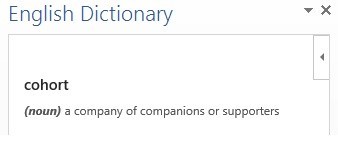After recently reading some of my peers’ blog posts on their ePortfolio, it is clear to see that some people have been putting in a great deal of effort and really engaging with the blog. They are reflecting on topics which weren’t even set as tutor directed tasks. This shows a strong commitment to their own professional development.
From writing these blogs posts, not only are my peers able to voice their opinions and invite us to respond to create a debate, but are they transforming and developing their ability to be critical. They are simply taking a statement or current topic and giving their thoughts and opinions on it.
I fully understand that a lot of people on our course may be quite apprehensive about posting on their blog. It can be quite a daunting process for some students and some will feel a bit nervous about voicing their opinions online in fear of receiving negative comments in return. These people should not be made to feel like this!
At first, when the idea of an ePortfolio was introduced to us, I admit I was a bit unsure of it. I had never done anything like this before. The more posts I started to write, the more I felt that it was a really good way to express yourself and your feelings. The ePortfolio is like a blank canvas to start with and gradually over time as we are adding to it, we are creating a masterpiece that reflects ourselves, our personalities and our lives. My favourite part of reading peers’ posts are when I come across a personal part in it. To me, this makes the post more memorable and relatable.
I think it is really important for all of our cohort to be reading other people’s blogs often. Not only will it set the standard for blog writing but will it give people the chance to leave a comment for the author to perhaps suggest other ideas relating to the piece of writing. Like the definition states—our peers in our cohort are there to help and support us, not to put us down.
Free whatever it is that you are thinking, because in the end it may help someone else understand or encourage them to voice their opinion too.



